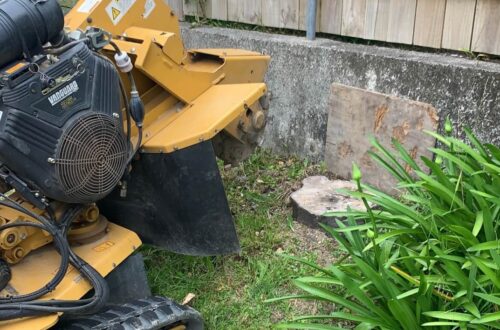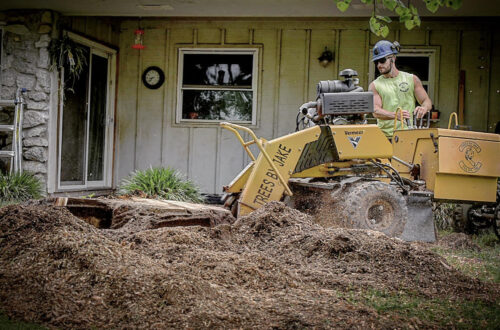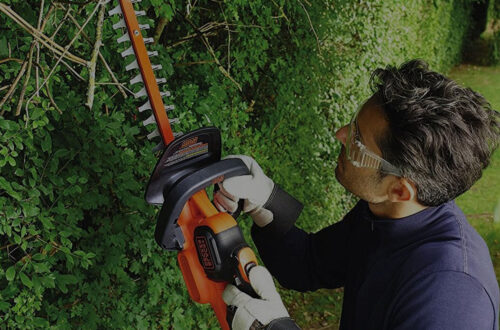Termites pose a significant threat to homes, particularly in regions like Sydney where the climate is conducive to their proliferation. Homeowners often find themselves grappling with the decision of whether to invest in termite barriers. This article explores the benefits, costs, and considerations surrounding termite barriers, helping homeowners make an informed choice.
Understanding Termite Barriers
Termite barriers are protective measures designed to prevent termites from entering a property. These barriers can be physical, chemical, or a combination of both. Understanding the types termite protection sydney available is crucial for homeowners considering this investment.
Types of Termite Barriers
There are primarily two types of termite barriers: physical barriers and chemical barriers. Physical barriers involve the installation of materials that are resistant to termite damage, such as steel mesh or concrete. These barriers are typically placed during construction or major renovations.
Chemical barriers, on the other hand, involve the application of insecticides in the soil around a property. These chemicals create a toxic zone that repels or kills termites attempting to enter. Regular reapplication is necessary to maintain effectiveness.
How Do Termite Barriers Work?
Termite barriers work by creating a protective zone around a property. Physical barriers block access, while chemical barriers deter termites through taste and smell. When installed correctly, these barriers can significantly reduce the likelihood of termite infestations.
It is important to note that while barriers can be effective, they are not foolproof. Regular inspections and maintenance are essential to ensure ongoing protection against termites.
In addition to the primary types of barriers, homeowners should also consider the role of landscaping in termite prevention. Certain plants and mulch types can attract termites, so it is advisable to maintain a distance between wooden structures and any potential food sources. Furthermore, ensuring proper drainage around the foundation of a property can help reduce moisture levels, which is a significant factor in termite attraction. By combining effective barriers with thoughtful landscaping, homeowners can create a comprehensive defence against these destructive pests.
Moreover, it is worth mentioning that the installation of termite barriers should ideally be carried out by professionals who understand the local termite species and their behaviours. This expertise can greatly influence the choice of materials and methods used, ensuring that the barriers are tailored to the specific risks associated with the region. Homeowners should also be aware of the signs of termite activity, such as mud tubes or damaged wood, as early detection can make a significant difference in managing infestations effectively.
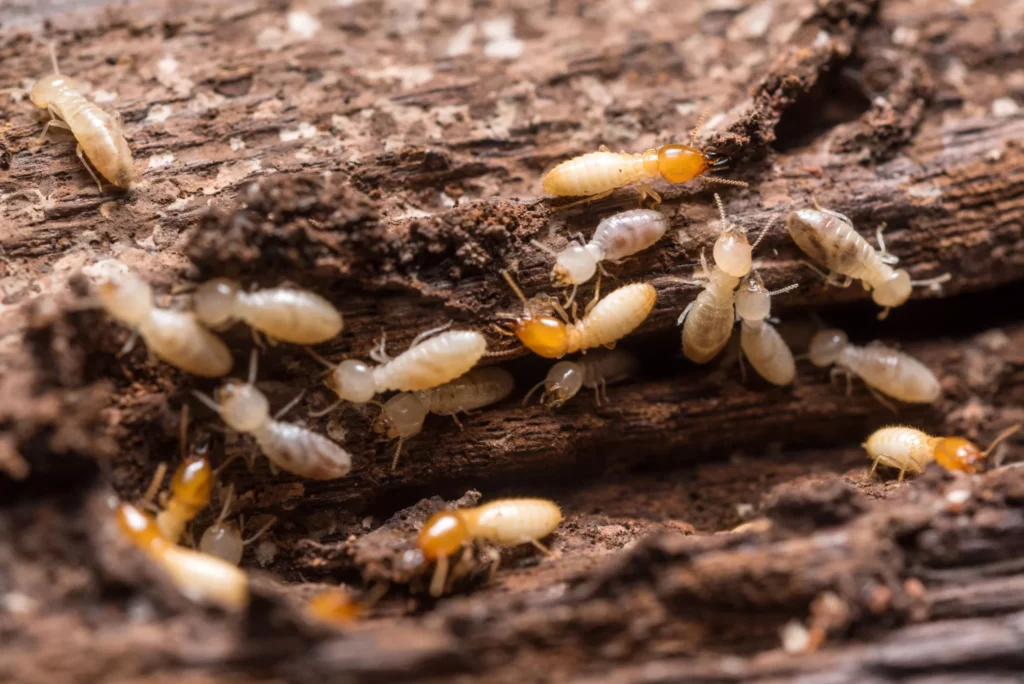
Benefits of Installing a Termite Barrier
Investing in a termite barrier can offer numerous benefits for homeowners. Understanding these advantages can help in making a more informed decision.
Protection Against Damage
One of the most compelling reasons to install a termite barrier is the protection it offers against potential damage. Termites can cause extensive structural damage, leading to costly repairs. A barrier can significantly reduce the risk of infestation, safeguarding the integrity of the home.
Moreover, the peace of mind that comes with knowing your property is protected from these pests is invaluable. Homeowners can focus on enjoying their living space without the constant worry of termite-related issues. Read more about protecting your home from pests at https://www.canr.msu.edu/news/how-to-control-invasive-pests-while-protecting-pollinators-and-other-beneficial-insects
Increased Property Value
Homes with termite barriers in place often have a higher market value. Potential buyers are more likely to invest in a property that has demonstrated proactive measures against pests. A termite barrier can be a selling point, making the home more attractive in a competitive market.
Additionally, having a barrier in place may reduce the need for extensive pest control measures in the future, further appealing to prospective buyers.
Costs Involved in Installing a Termite Barrier
While the benefits of termite barriers are clear, the costs associated with installation can vary significantly. Understanding these costs is essential for homeowners weighing their options.
Initial Installation Costs
The initial costs of installing a termite barrier can range widely based on factors such as the size of the property, the type of barrier chosen, and the complexity of the installation process. Physical barriers tend to be more expensive due to the labour and materials required, while chemical barriers may offer a more budget-friendly option.
Homeowners should obtain quotes from multiple pest control companies to ensure they are getting a fair price. It is also advisable to consider the long-term benefits against the initial investment.
Ongoing Maintenance and Treatment Costs
In addition to the initial installation costs, homeowners should factor in ongoing maintenance and treatment costs. Chemical barriers require regular reapplication, which can add to overall expenses. It is crucial to follow the manufacturer’s recommendations to maintain effectiveness.
Physical barriers, while generally requiring less ongoing maintenance, may still need periodic inspections to ensure they remain intact and effective. Budgeting for these costs can help homeowners avoid unexpected expenses in the future.
Factors to Consider Before Investing
Before committing to a termite barrier, homeowners should consider several factors that can influence their decision.
Property Location and Risk Level
The location of a property plays a significant role in determining the risk of termite infestations. Areas with a history of termite problems or those that are particularly humid may warrant a more proactive approach. Homeowners in such regions may find that investing in a termite barrier is a wise decision.
Conversely, properties in areas with low termite activity may not require such measures. Conducting thorough research on local termite risks can help homeowners make an informed choice. Click here to learn more about protecting your house.
Building Type and Construction Materials
The type of building and the materials used in its construction can also impact the effectiveness of termite barriers. Homes built with timber are more susceptible to termite damage, making barriers a more critical investment. In contrast, properties constructed with brick or concrete may require less immediate attention.
Understanding the vulnerabilities of a property can aid homeowners in determining the necessity of a termite barrier.
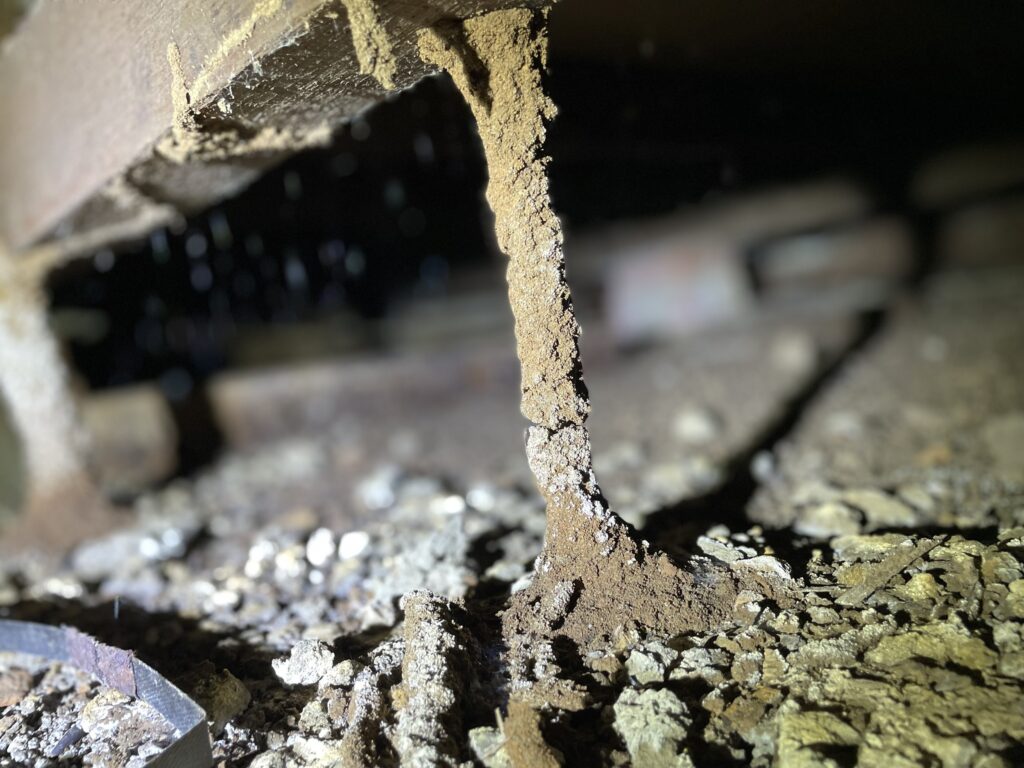
Alternatives to Termite Barriers
While termite barriers are a popular choice for pest prevention, there are alternative methods that homeowners may consider. Exploring these options can provide a broader perspective on pest control.
Regular Inspections
One of the most effective ways to prevent termite infestations is through regular inspections. Engaging a professional pest control service to conduct routine checks can help identify potential problems before they escalate. This proactive approach can be a cost-effective alternative to installing a barrier.
Homeowners should schedule inspections at least annually, especially in high-risk areas. Early detection can save significant costs associated with repairs and treatments.
Natural Deterrents
Some homeowners opt for natural deterrents, such as using specific plants or essential oils that are known to repel termites. While these methods may not provide the same level of protection as barriers, they can be part of a comprehensive pest management strategy.
Incorporating natural deterrents alongside regular inspections can enhance overall protection against termites.
Conclusion: Making the Right Choice
Investing in a termite barrier in Sydney can offer significant protection for homeowners, particularly in areas prone to infestations. While the initial costs may seem daunting, the long-term benefits of safeguarding a property from termite damage often outweigh the expenses.
Homeowners should carefully consider their specific circumstances, including location, property type, and existing risks, before making a decision. Regular inspections and alternative pest control methods can also play a crucial role in maintaining a termite-free environment.
Ultimately, the choice to invest in a termite barrier should be based on a thorough understanding of the risks and benefits involved. By taking proactive measures, homeowners can protect their properties and enjoy peace of mind for years to come.
Related : Termite Control Eastern Suburbs: Protecting Your Property from Hidden Threats




